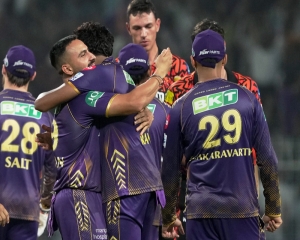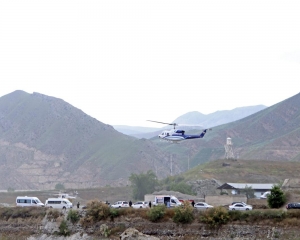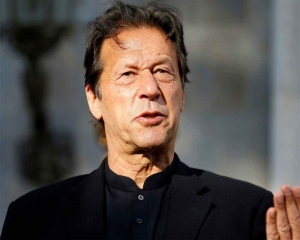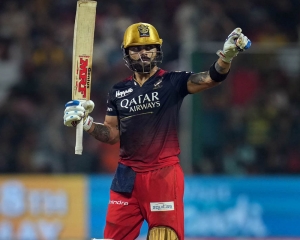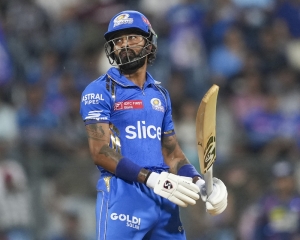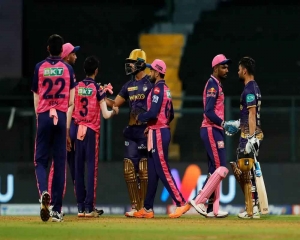It’s a matter of concern that there has been constant increase in atrocities against the marginalised sections, women, Dalits and Adivasies of Odisha. It is revealed from the recent White Paper of 2015 by the Home Department presented in State Assembly.
The cases of violence against women have increased and the most striking is the figure of rape has been more than double during last five years. It was 1,025 in 2010 and rose to 2,286 in 2015.
The cases of atrocities against SCs and STs have also substantially increased during last five years. The atrocity cases against SCs and STs recorded in 2010 was 1,589 where as in 2015 it was 2,504 out of which 1,816 are against SCs and 688 are against STs. It was 2,266 in 2014, 2,298 in 2013, 2,522 in 2012, and 1,662 in 2011 which shows a consistent increase. The SCs are relatively more prone to heinous forms of atrocities than the STs. The nature of atrocities are manifold that include rape, murder, house burning, destroying produces, mass attack, physical and mental assault and torture etc.
The Home Department White Paper has not made available data on many other areas of atrocity and violence such as trafficking, domestic violence, distress migration, caste-based discrimination, institutional violence against girl child and women in public as well as private institutions, besides discrimination in village level community institutions. It is reflected that the situation of the poor rural women getting worst with increasing distress migration and trafficking from the most backward parts of the State. Along with continued poverty, the increasing social violence is making their social condition more vulnerable. There are a number of rape victims, mostly migrant workers of brick kilns, from western part of Odisha who are still fighting to get justice.
Why such increase in the cases of atrocities against the poor and marginalised, mostly the working class, of a backward StateIJ It is being argued by social activists and researchers that this reported data by the Home Department are cases registered in different police stations of the State but there were equal number of cases being under reported due to a number of reasons as it is not easy to get the cases registered due to non-cooperation by police and many cases are being settled under pressure by influential people in police stations. Poverty, illiteracy and economic dependency of the marginalised on powerful rich and dominant social groups makes them more prone to atrocities.
On the other side, lack of organisation in the grassroots as self-defence mechanism has been largely absent to provide security against the organised atrocities. The rise in economic distress, landlessness, unemployment and low income along with social discrimination make their life miserable and defenceless. There are also false cases against the poor and the marginalised SCs and STs to harass them and also to force the victims for compromise of the atrocity cases.
The National Crime Record Bureau (NCRB) in its Prison statistics India 2014 reports that the percentage of Dalits, Adivasies, Muslims and Christians inmates is higher than their national population percentage. It shows the vulnerability of the marginalised groups in criminal justice administration and their access to justice. A study on women prisoners by State Commission for Women, Odisha, revealed that about 63 per cent of women belong to SC, ST and OBC communities and a majority of them are economically poor and illiterate. The present scenario of criminal justice administration is most discouraging without a timely and fair trial to ensure justice.
The provisions of legal aid have not served much to the marginalised section. Many of the innocent SCs and STs in south western parts are being jailed with accusation of left extremist involvement without a scope of representation to prove their innocence. The legal aid authority and prisoners welfare fund failed to cover major prisoners to ensure minimum humanitarian aid to the poor victims. Their sufferings have been manifold with damaging impact on their family life. The long delayed process of judicial trial for illiterate poor has been most painful experience.
The Union Ministry of Social Justice and Empowerment report in 2013 says there are about 9,000 atrocity cases against SCs and STs pending in different courts of Odisha. The State Government has not set up any special court for speedy trial for justice to victims under the provision of SCs/STs (POA) Act, 1989 and Rules, 1995.
The Central Government has enacted laws for the protection of human rights of the marginalized, especially women, Dalits and Adivasies considering their historical marginalisation and continued gender, caste and ethnic-based discrimination, exploitation and violence against them in our social life but the implementation of protective laws need political and administrative will and above all legal awareness among public and especially among the marginalised communities. It is also said that along with enforcement of protective laws, the spread of human rights education and legal awareness can contribute to change the mindset of the people involved in violence against the poor. Our existing hegemonic social structure, resource ownership and unequal power relation are contributing to the violence, which can be arrested through changing social policies in favour of the excluded and discriminated social groups of our society. The State has an important role to play for the enforcement of constitutional governance as protector of justice.
In this context, in order to establish peace, non -violence and tolerance in the State by protecting the women and the marginalised, the role of dedicated departments especially Home, Women and Child Development and STs and SCs Development, law, Director Public Prosecution, and Commissions such as NCW, SCW, NCSC and NCST is very important to intervene in controlling the violence but unfortunately such bodies have shown non-serious attitude to atrocity issues and manage with routine works without any proactive role. There are thousands of cases pending for investigation and trial. Many of the victims suffer due to the callousness of the departmental authorities in delivering timely actions to ameliorate the distress such as payment of compensation, legal aid and rehabilitation measures. There must be fixed accountability of these institutions to the marginalised communities. The active involvement of women and the marginalised sections in political and administrative decisions will have empowering impact in building political and administrative will in favour of the marginalised. The statutory bodies of legislators and House committees are not regularly meeting to review the issues.
The political parties are not addressing these issues; rather they are cornered within cells headed by people from respective communities specially made for women, SC and ST within the parties. This has been downsizing the general concern and social importance of the issues. In a backward State like Odisha with a sizable marginalised population, the mindset of the opinion makers, media, CSOs and academics in building support around the issues is more important to influence political and administrative will of the State. Women, Dalit and Adivasi organisations should work together with common strategy to improve the effective implementation of protective laws which will have wider impact on Government and public. In order to implement the provisions, financial allocation is most important and in this regard, the State Government should implement gender, Dalit and tribal budgeting formula to ensure proper allocation of financial resources for the protection and developmental activities for women, SCs and STs. Consumption of liquor and all other intoxicants should be banned in the State. Along with enforcement of existing protective laws, development programmes, Odisha needs new social legislation to address varieties of social issues which are not being included under the existing protective laws and to bring radical a social change.
(Email-manasbbsr15@gmail.com ,Mob-09437060797)














